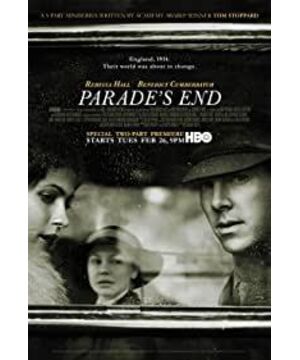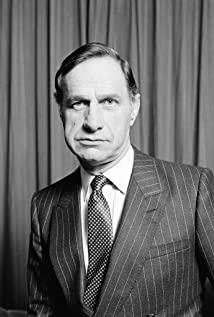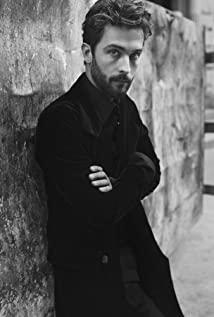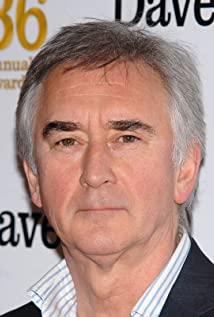After marriage, Sylvia did not change her dissolute character at all. Even if she had children, she was still involved in the social field of the upper class. Tiggins, on the other hand, values his family and immerses himself in his work. The two have completely opposite interests. Tiggins' erudition is boring to death in Sylvia's view, while Sylvia's delicate and sensitive emotions cannot be recognized and cared for by Tiggins. Tiggins' forbearance, and the maintenance of Sylvia's face on the surface, actually blinded the truth of the discord between the two in the marriage, and separated their emotions like an indifferent mountain.
This marriage is a typical marriage with a high degree of emotional mismatch. The emotional forms and expressions of Tiggins and Sylvia are too different. Tiggins is too rational. Although he can experience his own emotions, he is influenced by the traditional English gentleman's way and seriously lacks the skills to express his emotions to the other party. Not only for Sylvia, but also for Valentine. In the play, before joining the army, when Tiggins confessed to V, he said very implicitly: "I hope we can respect each other, at least I respect you very much, and I hope you can respect me too... Don't you respect me?" Valentine said, "What's the difference between respect and disrespect, when everything is so painful and full of torture! I can't sleep at night, since... I think the pain and fear are more unforgettable at night." Kins said.
Tiggins was attracted by Valentine, and it was also from the bravery, openness and freedom of Valentine. On the golf course, Valentine's courage and agility when she fled after the demonstration deeply attracted Tiggins. But Tiggins' conservativeness made him unable to let go of himself to pursue happiness even if he understood his and Valentine's intentions. After the war, if Valentine hadn't come forward, Tiggins wouldn't have looked for her. If Valentine hadn't declared that he didn't care about his status and was willing to be his mistress, Tiggins would be unlikely to be with her. At the end of the day, Tiggins is a conservative, emotionally under-expressed person with a superego, moral sense so strong that he can't release himself. But as conservative as he is, he actually yearns for openness and freedom, so Sylvia and Valentine are attracted to him.
Tiggins' change comes from social disapproval and war. Tiggins was greatly affected by the derogatory rumors circulating in the upper class, because of these rumors, he felt that his cleanliness was not recognized in society, "They won't let me go back, sad and nostalgic people must Stoned to death because he made everyone uncomfortable." Because his reputation as a treasure has been trampled on, he actively asks to go to the battlefield, and in a rage asks Valentine to become his mistress. But even though they wanted to break through, they couldn't be together in the end for various reasons. When he went to war again, it changed him completely, showing him what was really worth holding on to and what should be discarded. In his monolithic heart, he finally incorporated some courage to pursue love, so that he could let go of himself and accept the love with Valentine.
At the end of the film, when Tiggins left the manor angrily, he saw that modern machinery was being used for farming outside the manor, which was completely different from his father's horse farming at the beginning of the film. He couldn't help but sighed, picked up two cedar blocks and left. . When he gave one of the cedars to his brother, but was thrown into the fireplace and burned by his unconcerned brother, he finally realized that he was the only one left by sticking to the so-called traditional way. inevitably influenced by the times. Finally, he smiled and threw the cedar as a souvenir into the fireplace with his own hands, finally getting rid of the flails traditionally imposed on him, so that he could also let go of himself to enjoy the love with Valentine.
One last bit of doubt: Tiggins is a standard traditional conservative good man, even at the end of the show, he stressed to Valentine: I will not divorce the mother of my children. But Tiggins and Valentine may also have a child after they are together. What will he do with the child and the child's mother then? With his conservative character, is he willing to let his child be an illegitimate child? Moreover, he himself was born of the successor. (As can be guessed from his brother's evaluation of his mother in the first episode, his brother and he should not be the same mother.) Judging from the comments on the original, the original did not stop describing Tiggins' tangle, Valentine. Tiggins had more inner conflict after the pregnancy. But I am still optimistic about the ending of Tiggins. After all, he has already had the experience of breaking through the traditional shackles once. In the face of new conflicts, wouldn't he choose to break through again? This is also a necessary journey for people to walk towards the liberation of individuality.
View more about Parade's End reviews











